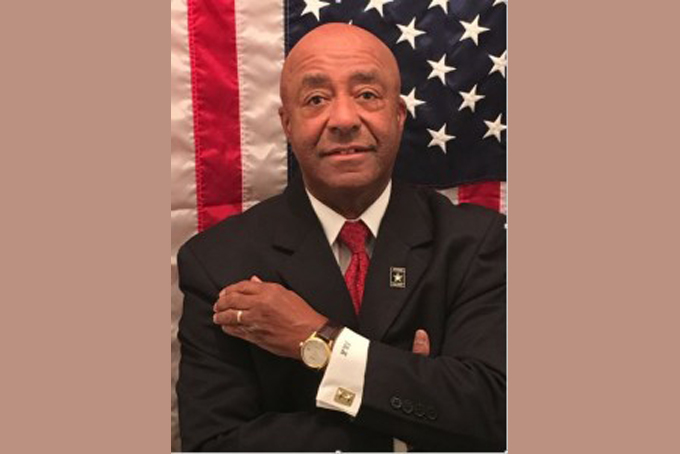
A few days before Thanksgiving this year, a well-meaning friend asked me, “Why does President Obama think all Americans should be concerned about the plight of the French?” At first glance such a statement makes sense given the colonization of Africa by the French; however, a closer look reveals why President Obama asked for support from Blacks for the French.
First, the French really didn’t practice slavery as a nationality like many other Europeans and the “new Colonies” in what would become the United States of America. Research reveals that as many as 50,000 Blacks escaped American slavery and immigrated to France from Louisiana in the years after the Louisiana Purchase by the United States in 1803. The march to France by Blacks seeking relief from discrimination and to garner recognition for their talents continued to grow exponentially through the early 1900s.
Many Blacks of note journeyed to France for the “…egalitarian” way of life defined by William Edward Burghardt Du Bois, better known as W, E. B. Du Bois. Black greats such as the authors James Baldwin and Richard Wright enjoyed great success in France that was not possible in the United States. Baldwin and Wright often used the term “egalitarian” (meaning beliefs or believers of equality and freedom) in their writings about the French people. Great performers such as Josephine Baker and Washington D.C.’s Armstrong HS and Howard U. graduate Lillian Evans Tibbs (an opera star in France), both flourished and became world renowned and appreciated in France when they were not accepted by their White peers in the U.S. in the early 1900s.
While these are all reasons that may cause us to have an affinity for France a part of Black history not often brought to light is the treatment and heroism of Black soldiers in World War I in France. Notable was the remarkable bravery and the surrounding story of the “All Black” 369th Infantry Regiment, the “Harlem Hell Fighters.” They were recognized by the French in 1918, while the U.S. military would not give such recognition to Black soldiers. Early on, the 369th trained in New York City in Morningside Park and Central Park; however, they were only allowed to train with broom sticks due to fears that after acting so heroically in past wars Black soldiers might turn real fire arms on Whites.
They were most victorious in spite of being forced to fight under French command because many White Americans refused to fight beside them. While the U.S. did not choose to recognize their valor at first, they were awarded the highest medal of valor in the French inventory, the “Croix de Guerre,” the Legion of Honor.
More importantly is the way they were received and treated by the French. As chronicled by Jennifer D. Keene, in her historical work “French and American Racial Stereotypes During the First World War,” she relates a passage from W.E.B. Du Bois’ unpublished manuscript “The Wounded World” where Du Bois notes that (according to a French investigator after examining a drunken brawl of White American Soldiers), the mayor of the affected French village said “…take back these Soldiers and send us some real Americans, Black Americans.”
The Islamic State is ‘…a group performing ethnic cleansing on a historic rate,’ according to Amnesty International, and ‘… responsible for human rights abuses and war crimes,’ according to the United Nations. The Islamic State readily takes credit for such atrocities, including recent killings in France; the country that historically has represented the egalitarian belief of equal freedom, most important to Black Americans. Maybe we should thank the French for giving and maybe we should have their back.
Maj Gen US Army (ret) John R. Hawkins III, JD, MPA is President and CEO of Hawkins Solutions Intl., a government relations and lobby company. His last military assignment as a “two star” was Dir., Human Resources Directorate for the Army world-wide and prior to that Deputy Chief Public Affairs for the Army, world-wide.
See more at: https://afro.com/why-we-should-support-the-french/
